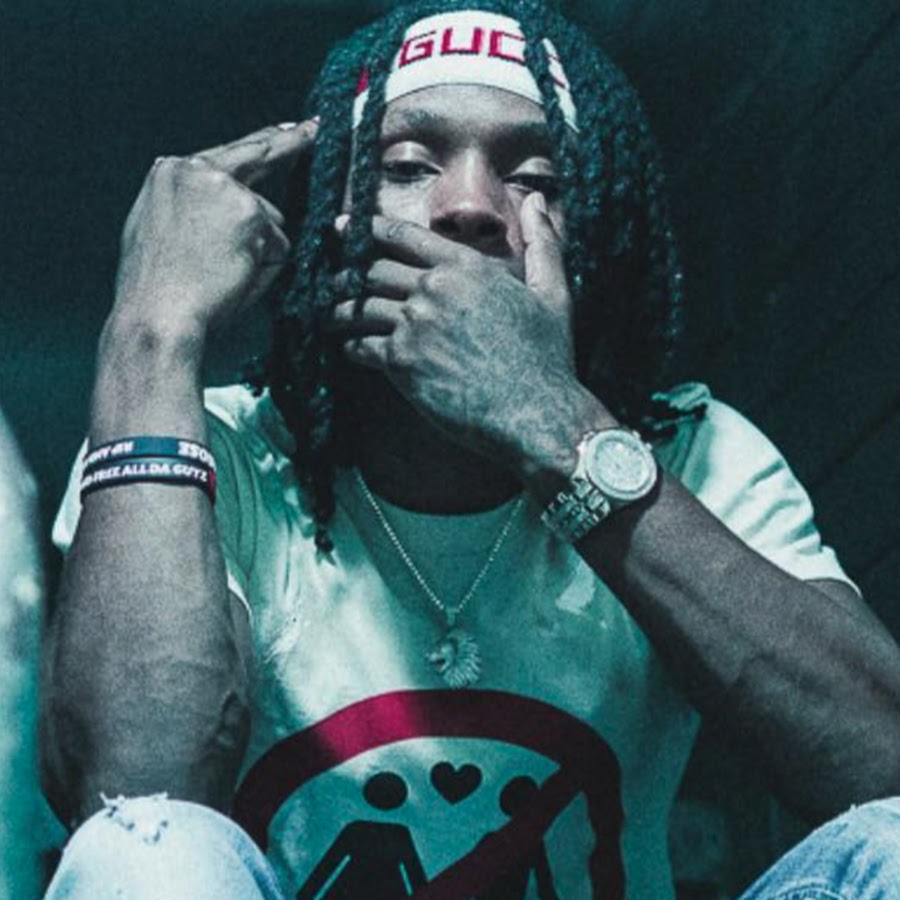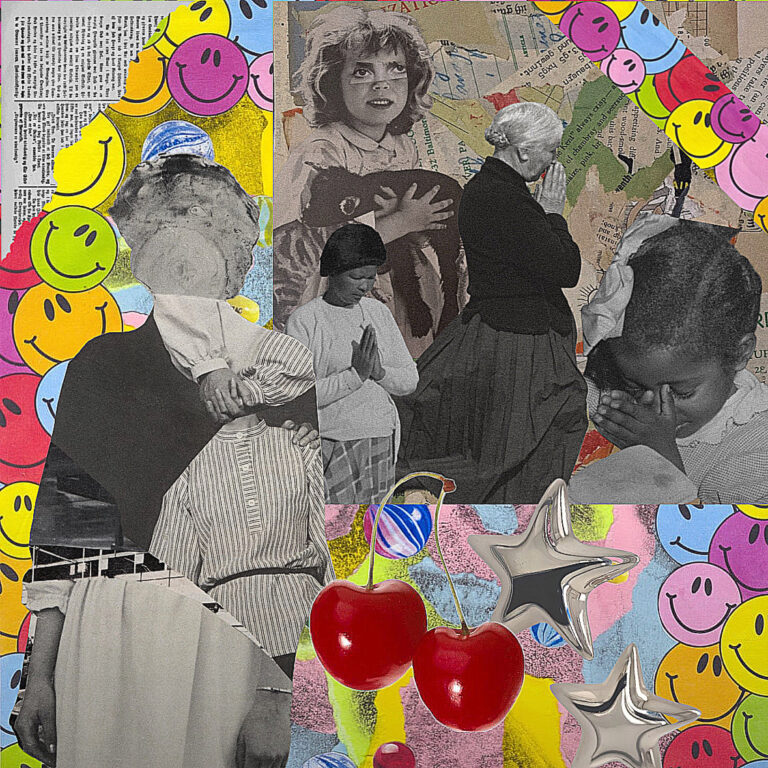
Navigating the ethics of posthumous albums can be quite complex. On one side, you have albums like Mac Miller’s Circles, which were carefully finished, while on the other, you encounter hasty compilations like the disorganized posthumous releases from XXXTentacion. King Von’s previous projects, Welcome to O’Block and What It Means to Be King, are examples of a respectful approach to his legacy. However, his latest release, Grandson, suggests that the creative well may be running dry. Von’s life was heavily marked by violence, a theme that becomes clear almost instantly in the opening track, “Don’t Miss.” In this brief intro, he discusses outsmarting his enemies, the burden of accusations related to violence, and the paranoia that accompanies his fame. While these subjects resonate given the context of his life, the limited range of topics can feel repetitive.

King Von consistently exudes confidence in his delivery, leaving little doubt about his ability to command attention. In tracks like “Phil Jackson,” he asserts his dominance with references to the legendary coach and basketball greats. There’s a hint of humor in his bravado, suggesting that he didn’t always take himself as seriously as his lyrics might imply. Despite the often harsh themes in Grandson, there are moments of introspection. In “From The Hood,” featuring Lil Durk, Von reflects on how his upbringing in a rough area of Chicago influenced him. While Durk’s lyrics may seem superficial, the intensity of his delivery reveals a depth that has been lacking in his recent work. Von’s brief appearance indicates that the track may not have been fully polished, but perhaps the shared grief helped spark a return to authenticity. However, such reflective moments are few and far between. Towards the end, “Out of the Streets” attempts to convey Von’s desire to escape his past, but it falls flat, with autotuned vocals clashing against a generic, “inspirational” beat. The contributions from Moneybagg Yo and Hotboii don’t enhance the song, making it feel even more disjointed. In contrast, “When I Die” serves as a poignant closing track, addressing the implications of his death, though it only touches the surface of its emotional weight. While it may seem unfair to criticize Grandson for its lack of depth, its redundancy is noticeable. Many tracks follow a similar lyrical structure, and while Von’s charisma and intricate flows keep the energy up, the album doesn’t allow for much growth. You might liken his style to Fast & Furious films—entertaining and fast-paced, but not always offering deep insights.
If King Von’s team is savvy, they’ll recognize that Grandson should mark the conclusion of his musical journey. Like his previous album, it can only go so far before it becomes evident that these songs were unfinished. Tracks like “Jimmy,” “GangLand,” and “Robberies” hint at the potential he still had, and their inclusion serves as a bittersweet reminder of what could have been. Ultimately, it feels like we’ve seen all the dimensions of King Von’s artistry, and any further attempts to release material might risk overshadowing a legacy that deserves to be honored rather than exploited.



